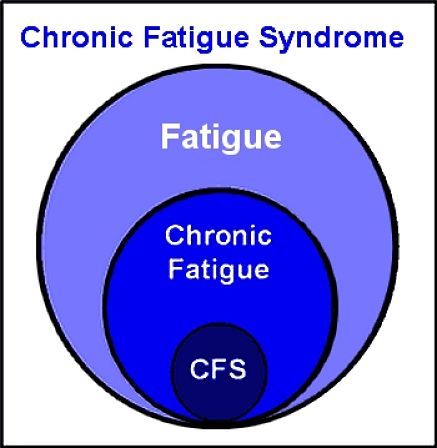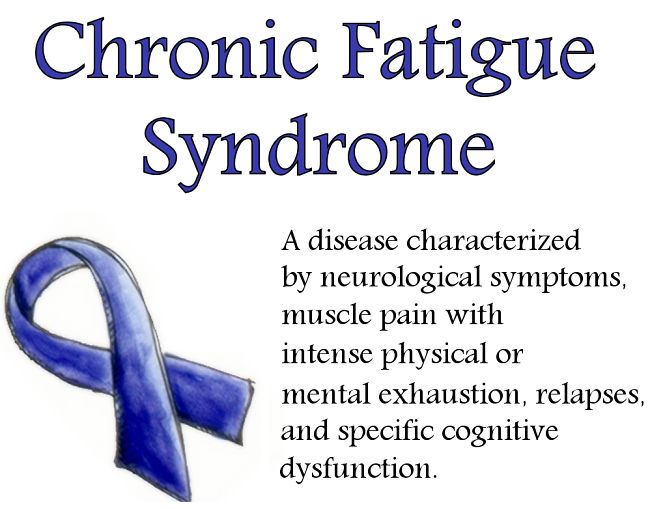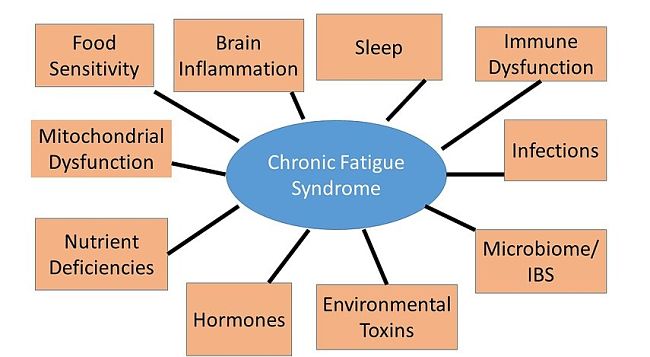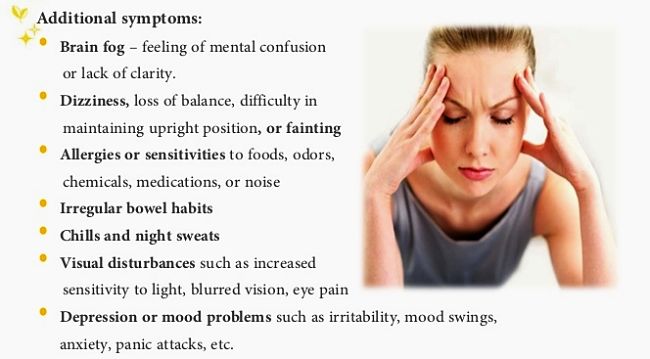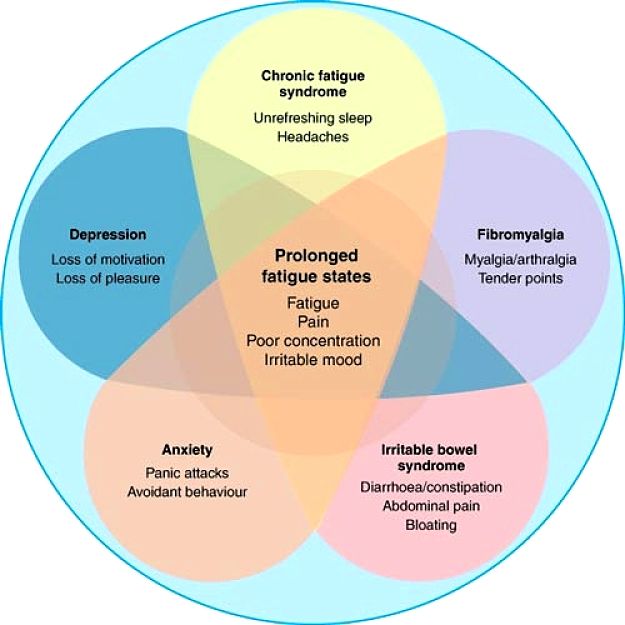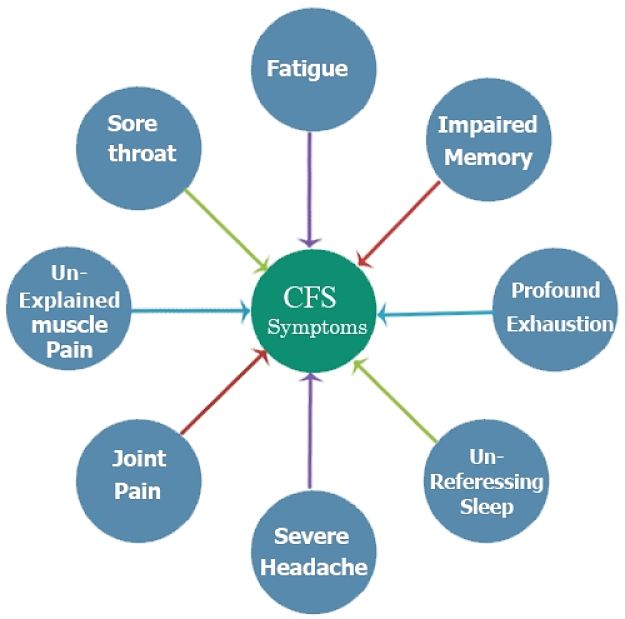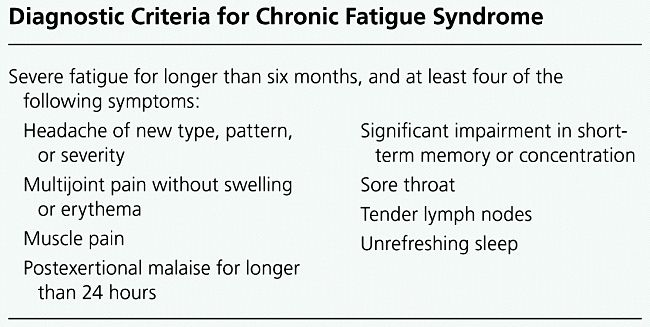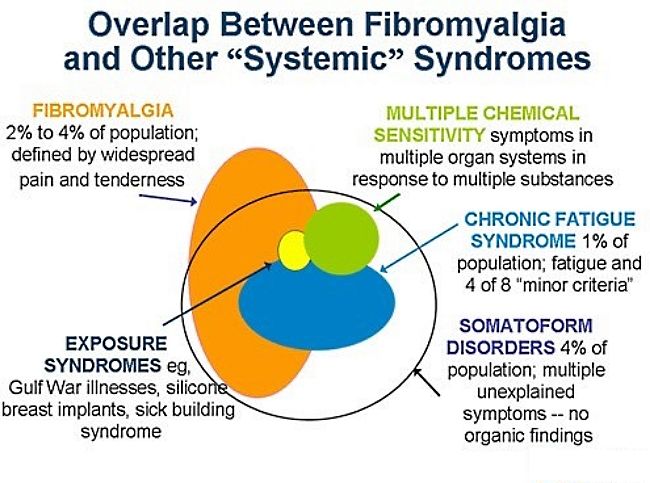Chronic Fatigue Syndrome Cause Unknown - Symptoms and Treatment Tips
If you are like me, and have a friend or relation who has been afflicted with Chronic Fatigue Syndrome, you will be frustrated with its ongoing mystery that has defied major research programs. It is worse still for the unfortunate victims of this disease many of who have no understanding of the disease, why it has afflicted them and how to manage it. Even the name of the disease remains unresolved. It is also known as known as Myalgic Encephalomyelitis (ME), CFS or CFS/ME. There have been on-going arguments about whether it really exists, what causes it, and how it should be treated.
This article is not designed to provide medical advice, but merely an introduction to the disease to help people understand it. If you, or your friends, family or relations show the symptoms you or they should see a doctor. Researching this article has helped me understand what a close friend has been going through for more than 12 months. For further reading see this article.

Names Used for Disease
|
Name
|
Abbreviation
|
|---|---|
|
The name used to label Chronic fatigue syndrome is one of the major controversies related to the ‘diesease’.
|
|
|
Chronic Fatigue Syndrome
|
CFS
|
|
Myalgic Encephalomyelitis
|
ME
|
|
Chronic Fatigue Immune Dysfunction Syndrome
|
CFIDS
|
|
Post-Viral Fatigue Syndrome
|
PVFS
|
What Causes Chronic Fatigue Syndrome Symptoms
The disease itself remains surrounded by uncertainty and many of the symptoms are shared with other diseases such as glandular fever and it may develop after a viral infection or a period of emotional turmoil. Most doctors prefer to refer to the disease or suite of symptoms as Chronic Fatigue Syndrome because fatigue the main symptom and is the best known aspect. Myalgic Encephalomyelitis has a more precise meaning and refers to inflammation of the spinal cord and brain. One of the problems is that CFS/ME may not be a single illness but a group or illnesses with multiple causes that share similar symptoms. It may be three to five separate illnesses. Like kidney failure which can be caused by many different things different causes, CFS/ME may have multiple causes. It may appear after a viral infection with a gradual transition from one set of symptoms to another making it hard to understand the cause. It can also develop gradually and one on the symptoms is the persistence of the tiredness over several weeks.
The claim that it is caused by a virus remains unconfirmed despite extensive research and several 'false-alarms'. Viruses may be a trigger or pre-cursor for CFS/ME, with many people reporting that their symptoms began after a viral infection or after a period of flu-like symptoms. Many have pointed to glandular fever is a trigger but a patient may develop symptoms five years later when patients have developed antibodies to the Epstein-Barr virus and it is unlikely to be a cause.
Several experts believe that the disease develops from a convergence of several conditions such as the following:
- Genetic factors
- A hyper-reactive immune system
- Brain abnormalities
- Viral or other infectious agents as precursors
- Emotional or Psychiatric conditions
Most people report that they had suffered a moderate to serious physical illness (such as a viral infection) or an emotional or stressful (like an extended period of depression) before the onset of CFS. Some experts suggest that these triggers interact with the other factors to cause the disease.
While a virus pre-cursor is common, not all CFS patients show signs of viral or other infections. Although experts have disagreed on the role of infections it could be that CFS subtypes - viral-related and - non-viral may both exist (relates to CFS being a suite of illnesses).
In up to 80% of CFS cases, it starts with a flu-like condition or illness. However, there is no sound research work to show that CFS is infectious or that it is spread through casual contact, such as coughing, shaking hands or by intimate sexual contact. Though there have been multiple cases within a single family.
In most cases of CFS occur sporadically in individuals that have no contact with other CFS sufferers.
CFS has been linked with various Immune System Abnormalities but there is no consistent pattern. Others have claimed a link with allergies and the immune abnormalities linked with allergies.
Personality, psychological and social factors are strongly linked with CFS in most patients although these factors are unlikely to be primary causes. However, they may increase the susceptibility of certain people to the disorder. In many cases, CFS promotes social and psychological dysfunction.
What are the Symptoms and How is it Diagnosed?
There is no definitive test for CFS/ME, which is generally diagnosed by elimination of other conditions which share similar symptoms.
The physical severity of chronic fatigue syndrome varies. Most commonly, patients with CFS report that they have trouble fulfilling both home and work responsibilities. In unusual cases, patients are severely disabled and even bedridden. Such patients can do virtually nothing - even light housework. Others straggle to maintain a small number of activities.
Most patients say that while fatigue is the most incapacitating symptom, mental impairment, such as an inability to concentrate or remember, is the most distressing symptom. Some experts believe that the impaired mental functioning is due to depression, which is common in CFS patients.
The main symptom is severe fatigue, made worse by exertion, which does not go away after resting. Muscle pains, headaches, memory problems and depression can also be involved. In some cases it can be completely debilitating, resulting in patients being unable to leave their beds.
Doctors generally consider the possibility of the disease being a potential cause of the symptoms when:
-
Fatigue is new, persistent and/or recurrent, unexplained by other conditions, and has resulted in a substantial reduction in activity level characterised by post-exertional malaise
-
AND a least one of the following is present: difficulty with sleeping, muscle and/or joint pain, headaches, sore throat, difficulty thinking, exertion makes the symptoms worse, general "flu-like" symptoms or dizziness
-
The symptoms have been present for at least four months in an adult or three months in a child.
People with CFS can also have the following symptoms:
-
Difficulty thinking, concentrating, remembering, finding the right words, planning, and organizing
-
Difficulty sleeping
-
Dizziness or nausea
-
General malaise or flu-like symptoms
-
Headaches
-
Muscle or joint pain in many areas of the body without inflammation
-
Painful lymph nodes without disease
-
Fast heartbeat (palpitations) without heart problems
-
Sore throat
-
Worsening of symptoms with physical exertion
What is the Treatment for Chronic Disease Syndrome?
There is no cure and no magic treatment and the best approach is various forms of rehabilitation over long periods of time. Many of these therapies might only be treating secondary symptoms. Unfortunately the prognosis for adults is generally poor, but for children it is much better, with up to 94% recovering. This may be related to the fact the children's brains are plastic and it is easier for children to change their lifestyle - but this is largely speculation.
Overall, the recommended treatment approach includes a combination of the following:
- Medication
- A healthy diet
- Antidepressant drugs in some cases
- Sleep management techniques
- Graded exercise and Cognitive-behavioral therapy (CBT) helps some patients
- Patients with the best prospects for recovery or improvement appear to be those who keep as active as possible and who actively seek to control and slow the progress of the disorder.
Graded Exercise
A number of studies have shown that a graded exercise program has benefits for many patients with CFS. This involves patients undertaking programs for graded more intense exercise levels tailored to their individual abilities.. Graded exercise is more effective when combined with other treatments..
Studies have found that about 75% of CFS sufferers who can exercise to some extent, particularly aerobic exercise, reported less fatigue and improved fitness and daily functioning after 12 months. Various reviews have shown that exercise therapy is beneficial for many people with CFS, particularly when combined with patient education and other treatments and strategies.
Cognitive-Behavioral Therapy (CBT)
This therapy is focused on helping CFS sufferers to regain a sense of control of their situation, and is proving beneficial for some patients. The primary goals of CBT are to improve the individual's feelings about themselves and the world and to thereby change their behavior. This involves teaching sufferers to change their approach to fatigue, improving their strategies for coping with stressful situations, and helping them manage the disorder. CBT can also be beneficial for dealing with sleep problems and for helping patients develop graded activity programs tailored for them. CBT is known to be very useful for defining and establishing limits and thresholds, that are very important for these patients. CBT is usually conducted over 6 - 20 hourly sessions. The ability of the mind to improve or cope with health problems is well known, and strategies that promote a positive outlook are generally helpful for most diseases.
